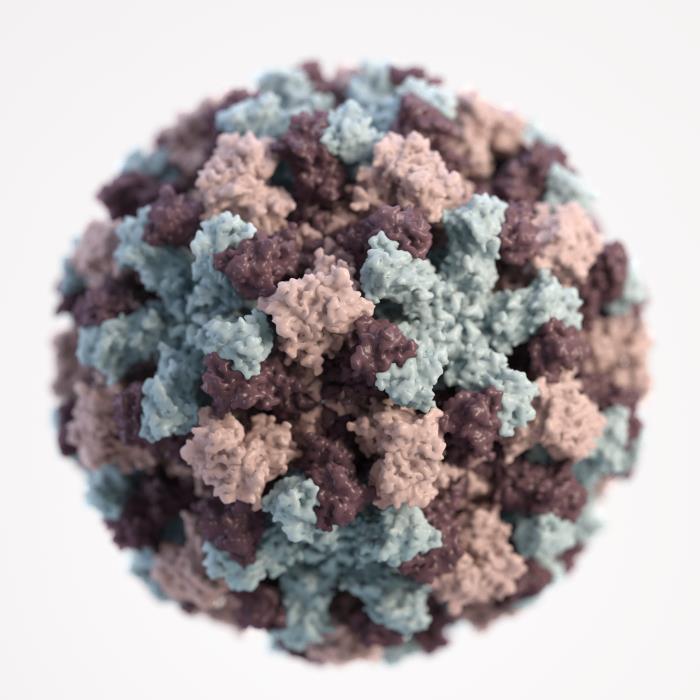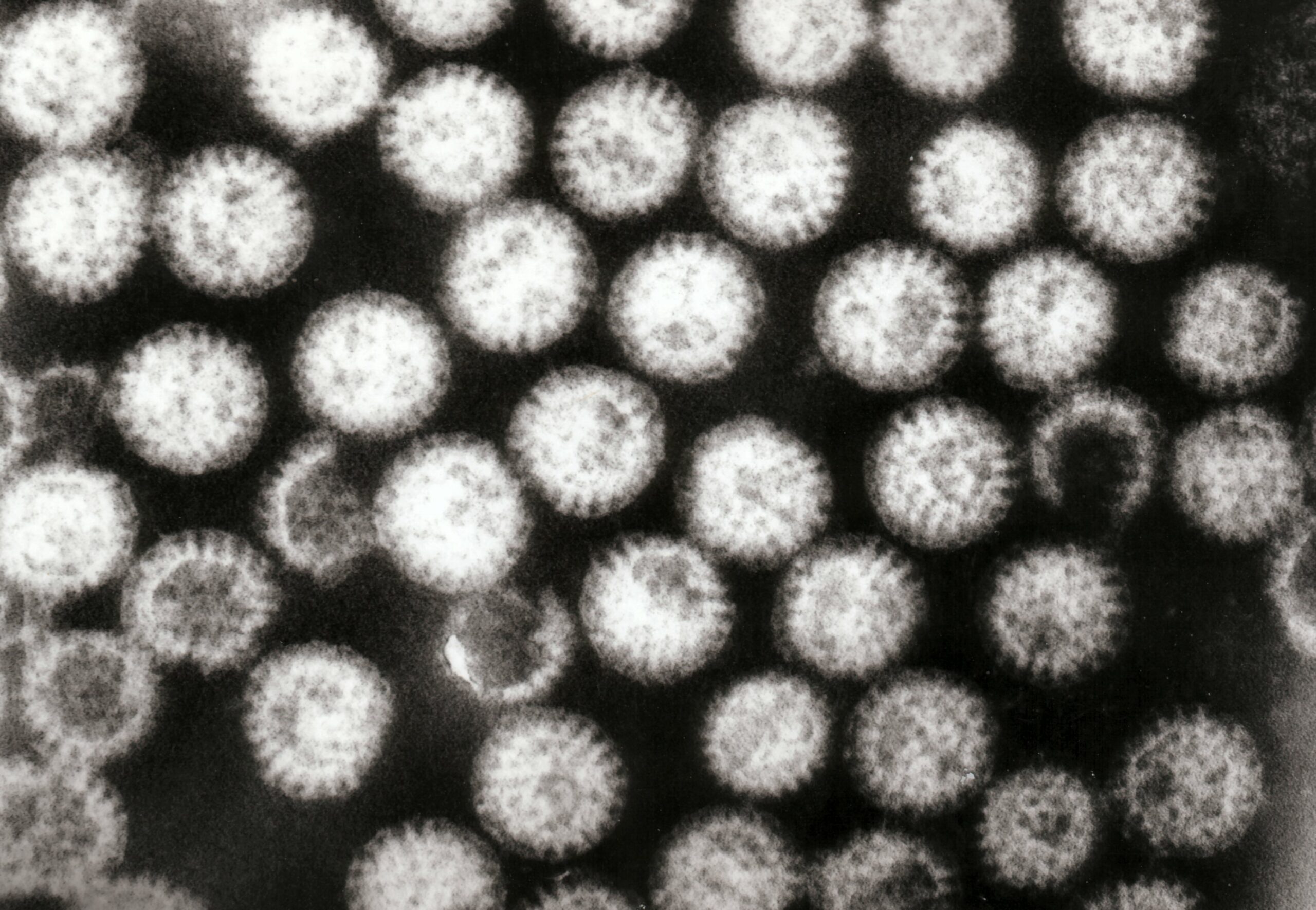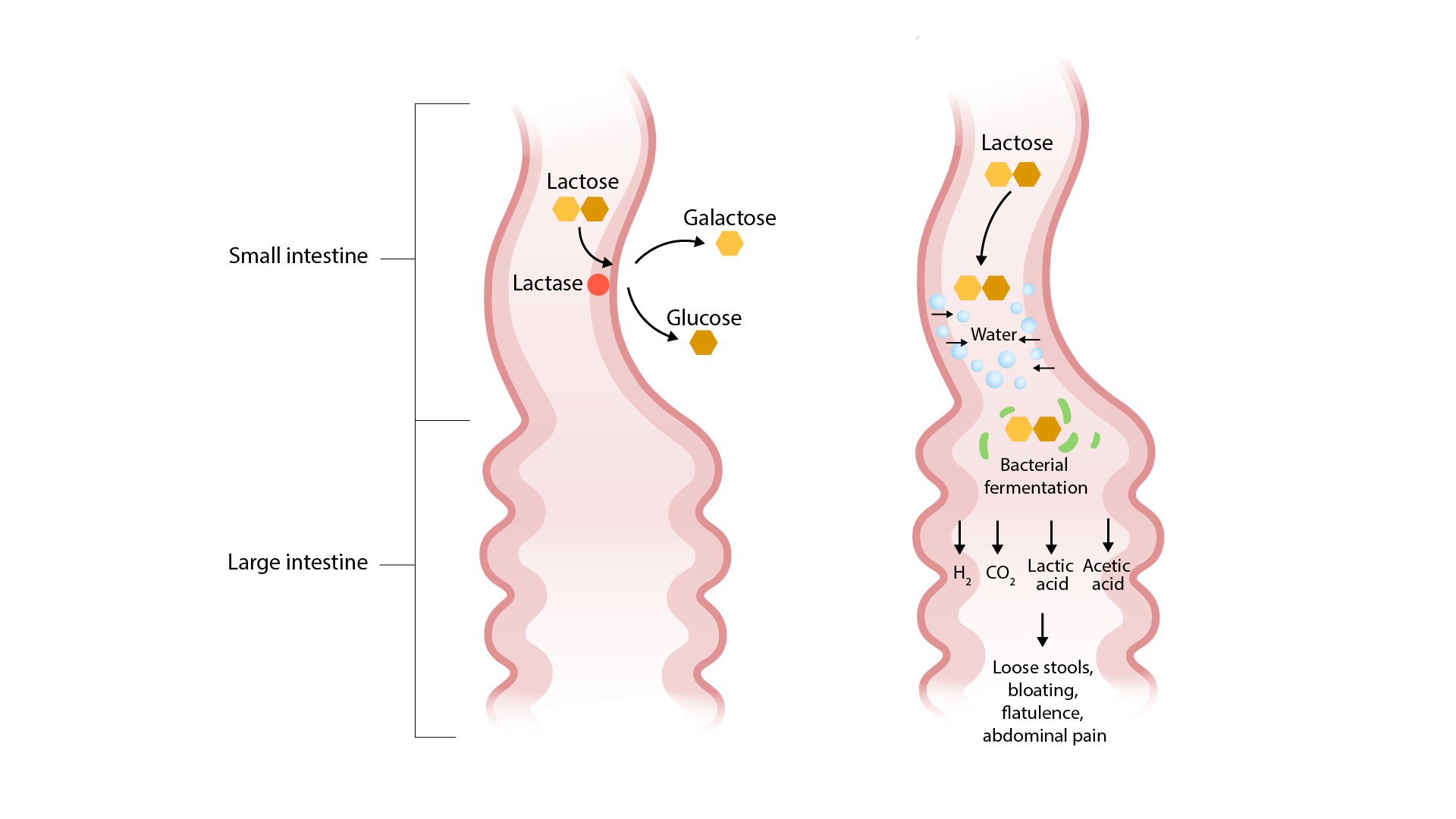Playlist
Show Playlist
Hide Playlist
Miscellaneous Infections of the Gastrointestinal Tract
-
Slides Small and large bowel.pdf
-
Download Lecture Overview
00:01 What we´ll do next is take a look at viral, non-bloody diarrhea. 00:04 The most common diarrhea that we see in children with viruses here. 00:09 This is viral diarrhea. We just completed our discussion of bacterial diarrhea. 00:12 With viral diarrhea, rotavirus being the most common. 00:15 Symptoms begin 3 to 7 days, upon exposure to that particular environment. 00:22 By environment, I´m referring to the fact that the child might be playing during the winter months in daycare centers and such. 00:28 In these closed quarters, it´s when they would perhaps increase their chance of acquiring rotavirus or may be perhaps in a closed quarter, one of the most common causes of pneumonia in children would be your RSV (Respiratory Syncytial Virus), so keep those in mind. 00:46 Maybe perhaps you take a cruise on... I´m joking here so that we can help you out. 00:52 But on Norwegian croissants and so therefore, 'Welcome to Norovirus'. 00:58 What I mean by that is the fact that where you would be exposed in Norovirus would be a population that has just been on a cruise in which they have now all eaten out of a buffet resulting in diarrhea, diarrhea, diarrhea. 01:12 Supportive therapy because with viruses we don´t necessarily absolutely have specific treatment to get rid of a virus. 01:21 Supportive therapy in terms of dehydration and to control that fever. 01:26 Next, getting away from your virus, we have something called Giardiasis. 01:32 Giardiasis is Giardal lamblia and with Giardal lamblia you might be thinking about patients that are hikers and during a hike, you can have exposure to the water and being contaminated by Giardal lamblia (camping), stool antigen testing. 01:51 Treatment here would be metronidazole. 01:53 Next topic is amebiasis. What happens here is the fact that the patient has gone to let´s say endemic areas and you should be thinking about organisms such as entamoeba hystolitica and you've heard of anchovy paste or type of appearance on the liver, get away from that. What that anchovy refers to is the fact that there´s complete liquefacting necrosis taking place within in the abscess in the liver. 02:19 Organism here is something like your entamoeba histolytica. 02:24 The treatment here would be Metronidazole. 02:26 I´m going through this really quick because you´ve had all of these with Micro. 02:30 All we're doing now is just a process of reinforcement, why not have different people tell you the same thing in different ways so that this information sticks. 02:38 Our topic is tuberculosis type of diarrhea, your ileocecal area. Think about where that is. 02:45 The ileocecal. You´ve just left the ileum, you´ve entered the cecum and here and once again mimics your Crohn´s disease with deep ulcers. 02:54 Biopsy will give you, well, confirms what´s known as your acid fast bacilli on Ziehl´ Neelsen stain and that acid-fast bacilli Streptococcus bovis endocarditis associated with colon cancer and diverticulosis. 03:10 I recommend colonoscopy. When you have streptococcus bovis endocarditis, oftentimes, diarrhea is in fact associated. Keep that in mind. 03:19 Therefore you wanna make sure that you´re being efficient and aware that there might be colonic issues as well with the bovis.
About the Lecture
The lecture Miscellaneous Infections of the Gastrointestinal Tract by Carlo Raj, MD is from the course Small and Large Intestine Diseases: Basic Principles with Carlo Raj.
Included Quiz Questions
Which of the following is the MOST common cause of virus-associated diarrheal disease in children?
- Rotavirus
- Norovirus
- Calicivirus
- Echovirus
A patient complains to the cruise captain about experiencing diarrhea since the afternoon. Which virus usually causes this presentation?
- Norovirus
- Rotavirus
- Flavivirus
- Coronavirus
- Echovirus
A parasite in the stool microscopy shows falling leaf motility in a hiker's stool analysis. Which parasite can cause this presentation?
- Giardia
- Trichomonas
- Ascaris
- Entamoeba histolytica
- Necator americanus
Which of the following statements is NOT related to amebiasis?
- It is called traveler's diarrhea.
- It causes colitis.
- It causes liver abscess.
- It causes discrete deep ulcers.
- It is caused in patients traveling to an endemic country.
Which cancer is associated with Streptococcus bovis endocarditis?
- Colon cancer
- Renal cancer
- Thyroid cancer
- Liver cancer
- Pancreatic cancer
Customer reviews
5,0 of 5 stars
| 5 Stars |
|
5 |
| 4 Stars |
|
0 |
| 3 Stars |
|
0 |
| 2 Stars |
|
0 |
| 1 Star |
|
0 |







